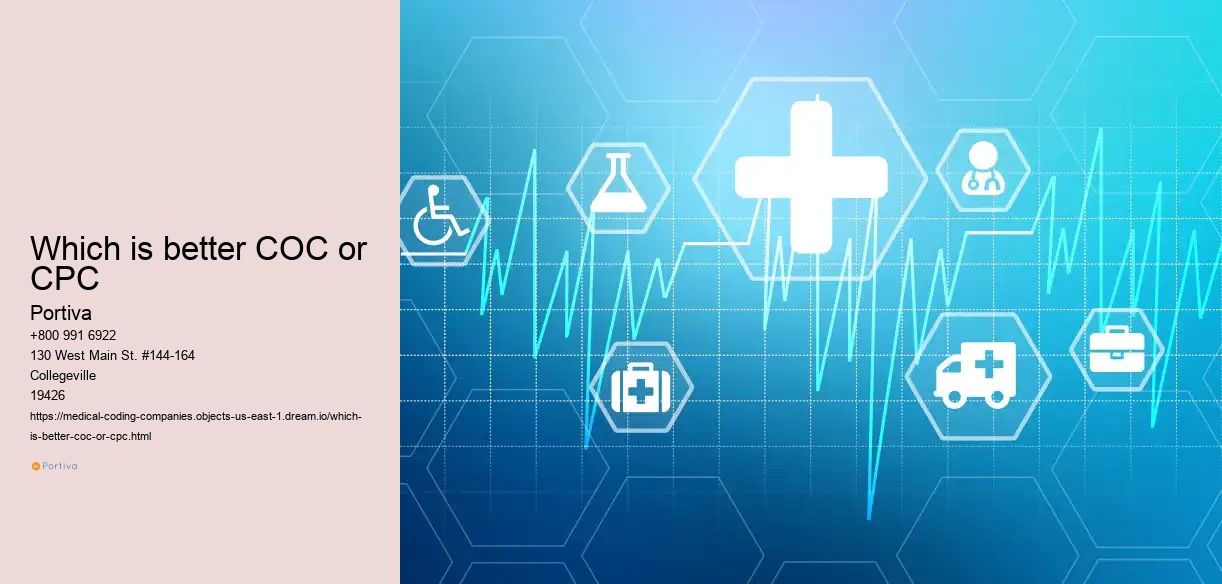Getting an AAPC certification, such as the CPC credential, is a great method for those who are just entering the sector to show that they have the knowledge and experience necessary to code for medical procedures. Due to the fact that it covers a wide range of disciplines, including cardiology, oncology, and pediatrics, the CPC certification is one of the most well-liked among medical coders. Medical coders with the knowledge to handle intricate coding systems and guarantee that every patient interaction is appropriately logged are in greater demand as healthcare grows more complex. Among these professionals, medical coders play a crucial role in ensuring that the proper medical procedures and billing codes are used for every patient encounter. Many employers favor the CPC certification because it is widely regarded as the industry's gold standard. The American Academy of Professional Coders is the organization behind AAPC coding. Reputable medical coding organizations place a high importance on credentials like the CPC certification from AAPC. According to the AAPC coding principles, they apply those details to assign codes to each service rendered or diagnostic made. We'll go into the world of US medical coding businesses, the duties of medical coders, their educational requirements, and the legal framework that governs medical coding in this blog post. The codes are employed in healthcare analytics, billing, and patient progress monitoring. These codes are mostly utilized for reimbursement since they provide insurance companies, which cover medical expenses, with the information they require. They offer specialist coding services that make billing and healthcare data more efficient.
medical coding companies
